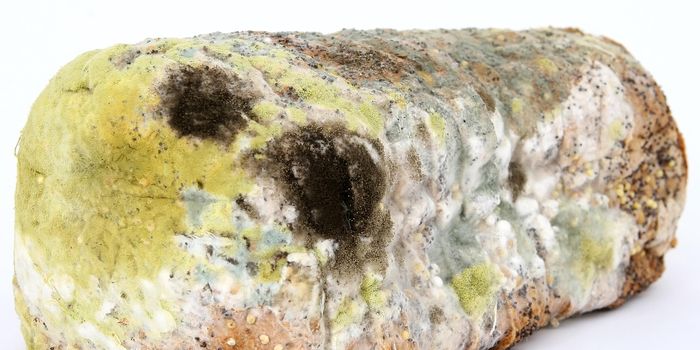Image Credit: iStockphoto
Preschool children with a peanut allergy were able to start eating peanuts after taking part in oral immunotherapy, a new study shows.
The findings confirm and extend previous results that show oral immunotherapy (OIT) can protect children from potentially life-threatening anaphylaxis caused by peanut exposure.
The phase two clinical trial results, published online in the
Journal of Allergy and Clinical Immunology, show that one month after completing the OIT protocol, almost 80 percent of trial participants achieved “sustained unresponsiveness,” the highest rate yet reported.
“These findings, if confirmed in larger studies, could transform the care of peanut-allergic children early in life,” says Brian P. Vickery, lead investigator of the trial and assistant professor of pediatrics at the University of North Carolina at Chapel Hill.
Approximately three million people in the United States report having allergies to peanuts and tree nuts. According to a study released in 2013 by the Centers for Disease Control and Prevention, food allergies among children increased approximately 50 percent between 1997 and 2011.
The initial allergic reaction to peanuts commonly occurs within the first year or two of life, and the condition persists in 80 percent of affected patients, placing them at life-long risk of anaphylaxis.
Based on other studies suggesting that peanut allergies strengthen over time, researchers enrolled 40 peanut-allergic children aged 9 to 36 months in the trial, the first study to specifically target children under the age of three.
A promising approach
Children were randomly assigned to high-dose peanut OIT with a target daily dose of 3,000 milligrams of peanut protein or a low-dose regimen with a target dose of 300 milligrams.
The trial was double-blinded. Participants took 3,000 mg of study protein, but for the low-dose group, 2,700 mg of placebo was added to the OIT medication. As in previous studies, nearly all participants experienced some side effects, most of which were mild and required little or no treatment.
After receiving OIT for 29 months on average, participants abstained from peanut exposure for four weeks before undergoing a final peanut challenge—where participants ingest a small amount of peanut in a controlled setting.
If the challenge is successful, then doctors reintroduce normal amounts of peanuts—such as in a peanut butter and jelly sandwich—into the diets of participants. After the four-week period, nearly 80 percent of children in both the high- and low-dose groups consumed peanut with no allergic response and achieved sustained unresponsiveness.
The OIT-treated children were compared with a matched control group of 154 peanut-allergic children who avoided peanut. The OIT-treated children experienced beneficial changes in their immune responses to peanut and were 19 times more likely to successfully incorporate peanut into their diets.
“Peanut allergies are severe, and they impact more children than ever,” Vickery said. “We hypothesized that newly-diagnosed preschool children would better respond to treatment, and our findings suggest that they indeed do. Early oral immunotherapy is a very promising approach to an urgently needed disease-modifying treatment for peanut allergy.”
Other researchers from UNC-Chapel Hill, Duke University and Johns Hopkins University are coauthors of the study. Funding came from the National Institute of Allergy and Infectious Diseases, and the National Center for Advancing Translational Sciences.
Source:
UNC-Chapel Hill
This article was originally published on
futurity.org.









